
|
Aiming at fostering university students’ self-learning skills and habits, this book expounds on habits of success – persisting learning, anticipating, communicating, imagining, inquiring, contributing, listening, and perceiving. Featuring inspiring case studies and self-reflection exercises, the book will help you direct yourself towards academic success through developing skills on building accountability, teamwork, and critical thinking.
Highlights include “Critical and creative thinking” (Ch. 5), “Reading and information literacy” (Ch. 7), and “Memory and studying: Retaining what you learn” (Ch. 9).
|
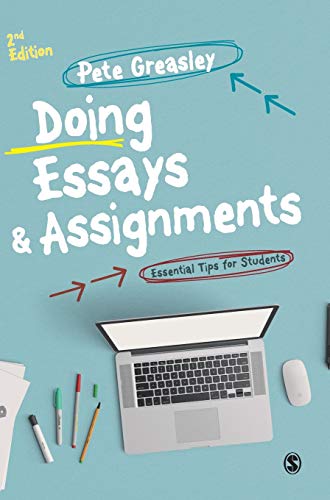
|
This book helps university students to enhance their skills in writing essays and assignments through understanding the tutors’ expectations as well as the learning goals and outcomes. You will gain an understanding of the marking process, insiders’ tips from lecturers, and practical advice on crafting written pieces. To consolidate knowledge, each chapter begins with learning objectives and ends with a chapter summary.
Highlights include “What was the question again?” (Ch. 7), “Feedback and feed forward” (Ch. 14), and “Group project work (or 'hell is other people')” (Ch. 18).
|
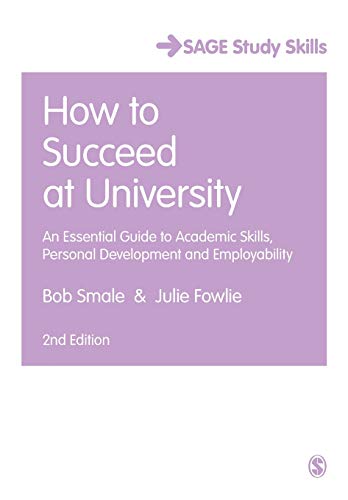
|
Written for university students at all levels, this tripartite book explains personal, academic, and life skills required at university and raises students’ awareness of these skills’ transferability in the workplace. Not only will you read about other students’ experiences, you will also learn practical tips and advice on developing study skills and achieving academic success. In addition, you will benefit from exploring the uses of digital technologies in learning.
Highlights include “How to develop successful examination techniques” (Ch. 8), and “How to understand what is required for your success in gaining internships, placements and jobs” (Ch. 9).
|
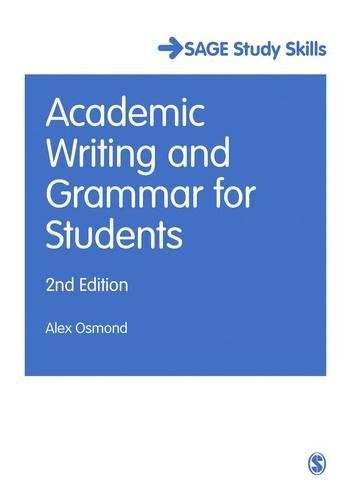
|
Covering a range of writing and grammar aspects, this book serves as a practical guide to academic writing for university students. With plenty of academic writing examples from various disciplines, you will learn how to demonstrate critical thinking and logical argument, as well as conciseness and clarity in writing at the same time. You will also examine some common mistakes in academic writing and learn how to proofread writings effectively.
Highlights include “Basic conventions of academic writing” (Ch. 1), “Putting paragraphs together” (Ch. 4), “Referencing” (Ch. 6), and “Common mistakes and how to deal with them” (Ch. 8).
|
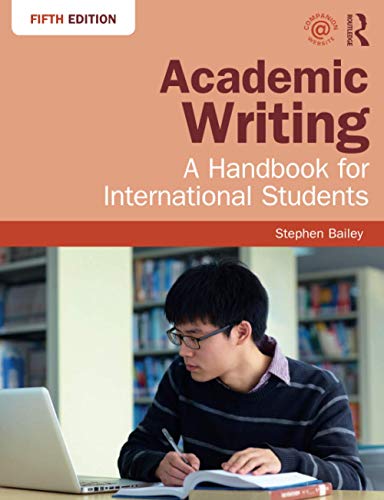
|
Particularly suitable for undergraduate and taught postgraduate students, this comprehensive handbook encompasses essential topics you need to be aware of when writing your essays and theses, ranging from the writing process and the overall organisation of long and short writings to language style and vocabulary expected in a good piece of academic work. You can also find some writing samples, including a literature review and a case study.
Highlights include “Introductions and conclusions” (Part 1.11), “Language issues: Style” (Part 3.7) and “Writing models” (Part 5).
|
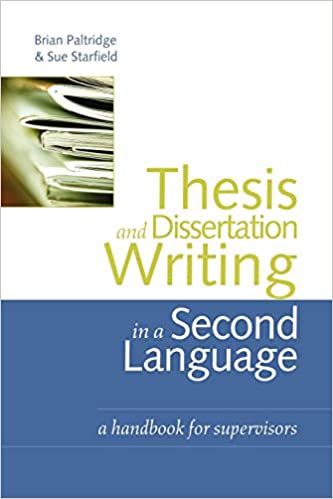
|
Though targeting supervisors, this book is extremely useful for research postgraduate students who are starting off or struggling with their dissertation writing. In great details, it reminds you about what different sections, such as introduction, methodology, results, conclusion and abstract, are composed of and how they should be written. It also includes how various parts are to be assessed by your supervisors so you can do self-evaluation along the way.
Highlights include “The overall shape of theses and dissertations” (Ch. 5), “Writing the abstract and acknowledgements” (Ch. 11), and “Resources for thesis and dissertation writing” (Ch. 12).
|